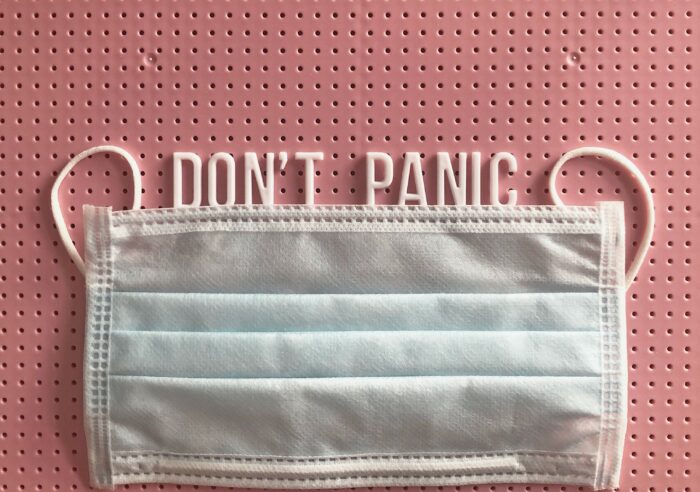
Cyberchondria is described as “excessive or repeated search for health-related information on the Internet, driven by distress or anxiety about health, which only amplifies such distress or anxiety.” Think: Hypochondria + internet. The term was apparently first coined all the way back in 1999, when it was used to refer to people who searched the internet for health information in general.
But if you’ve googled “vaccine for monkeypox” or “scratchy throat allergies symptoms of covid” in recent days, or if you have ever had a headache and googled “brain tumor,” you know the term is still relevant.
In a study published in the most recent issue of Journalism Practice, researchers at Nanyang Technological Institute in Singapore analyzed analyzed how 62 newspapers in across countries covered the concept of cyberchondria between 2017 and 2018, looking at a total sample of 148 articles found by searching the term on LexisNexis.
A lot (hi, global pandemic) has happened since then. But understanding the way that news organizations have covered the phenomenon could help shape coverage of future public health issues. “A lot of people are using [the] internet to search for health information,” coauthor Han Zheng said.
Overall, news coverage acknowledged that cyberchondria is “very common,” but didn’t provide a consistent definition of what it is:
The New York Times defined cyberchondria on 10 October 2018 as “the irrational fear of some phantom illness.” A high circulation daily newspaper in the United Kingdom, Daily Mail said on 21 November 2018 that cyberchondria is “a form of health paranoia.” Similarly, a small regional Australian newspaper, Warwick Daily News, wrote on 28 January 2018, that cyberchondria refers to fear of having cancer after using Google.
News articles also commonly characterized cyberchondria as including compulsive web searches, self-diagnosis, and anxiety escalation.
Some news articles used concrete examples to demonstrate how search queries escalate in the seeking process. Daily Dispatch, a local newspaper in South Africa, wrote on 26 May 2017 that “users have a tendency to gravitate to search more serious conditions, for example, one may commence a search for headache type symptoms and subsequently escalate to reviewing material related to brain tumors.” This is because when people search for a common symptom, the Internet is not always programed to provide the information they need. Instead, sometimes it indicates a common symptom (e.g., headache) as a sign of rare and serious disease (e.g., brain tumor). People then become more concerned about the probability of having this disease and escalate their searches to find more reassuring symptom explanation. The search becomes a ‘never-ending journey’ because users expect that the next search will provide more plausible results.
“[Audiences] need to know how to assess the credibility of information on websites, and they need to be aware that the internet is just a tool to get health information,” Zheng said. “Journalists need to remind the public that they need to assess the information in a rational way.”
Read the full study (and assess your own cyberchondria) here.